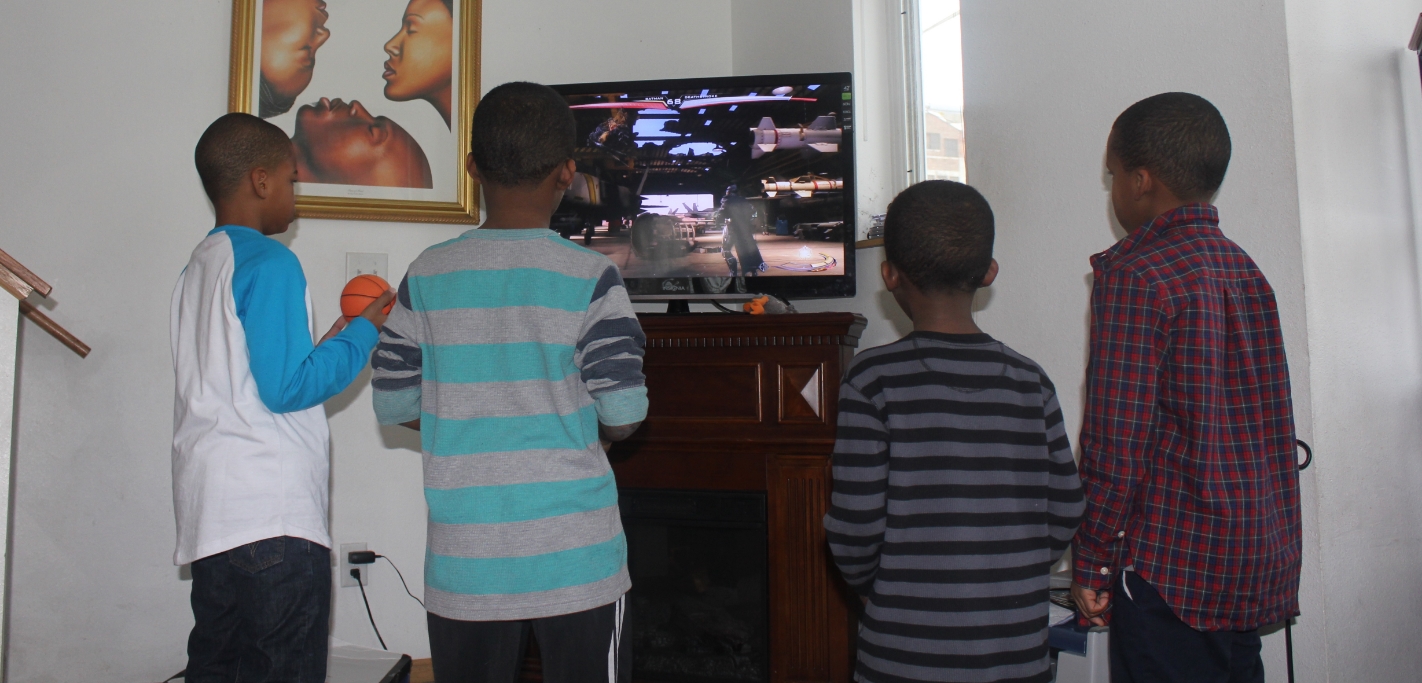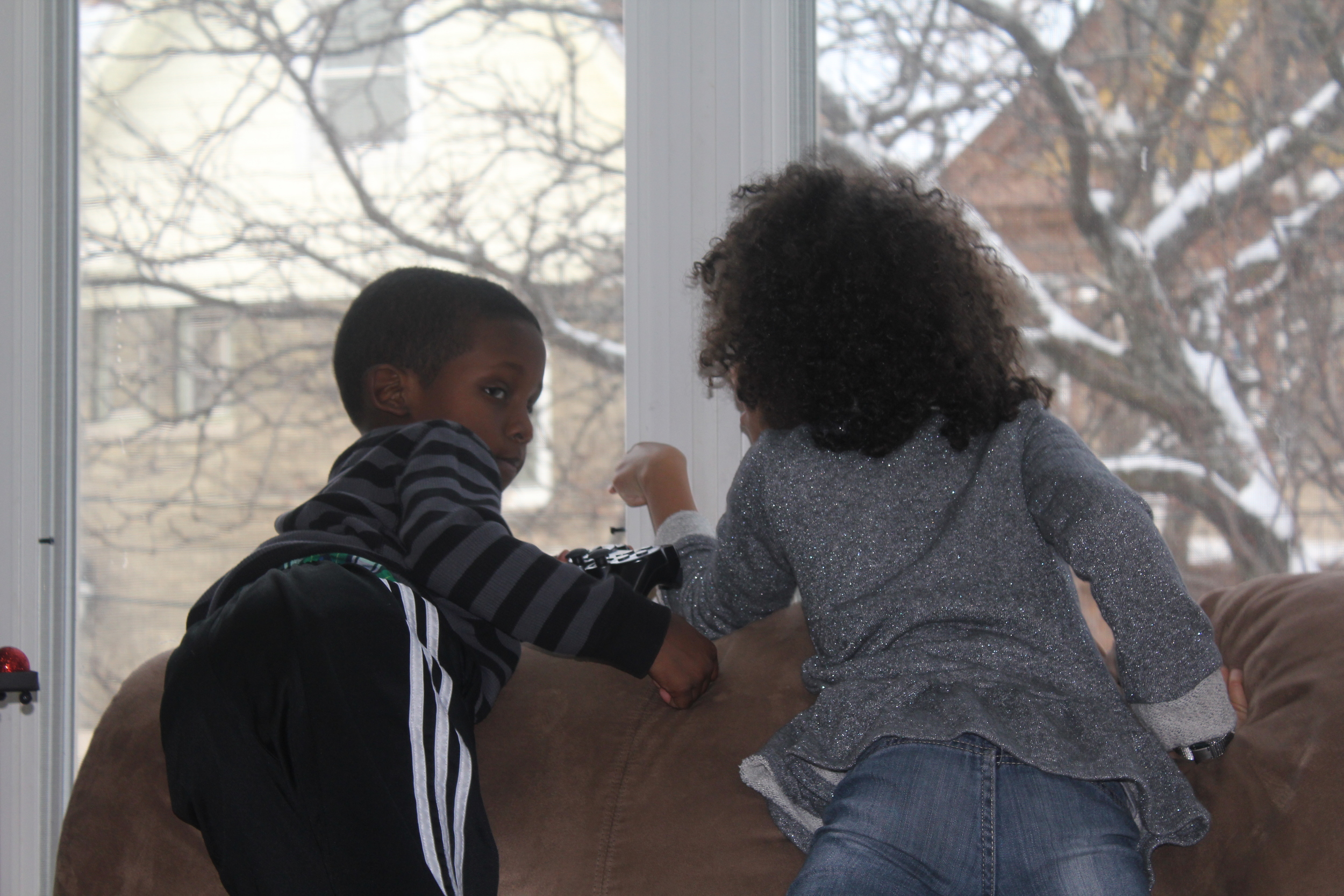What President Obama Should Have Said
Sin
Good evening fellow Americans.
Once again I must address the nation after the death of an unarmed Black child. None of us know for certain what happened that night between Mike Brown and the officer, but what we do know is that throughout American history, Black people have often found themselves the victims of fatal police brutality. That is not disputable. That is a reality that we must address as a nation, not only in Ferguson, but in communities of color from coast to coast.
I want to first of all, thank the grand jury tonight for taking on an incredible task.
I want to share my grief with the parents of Mike Brown. Their grace and bravery are attributes we should all try to model tonight.
We are a nation of laws. We are routed in the strength and tenacity of our laws. But we know that throughout history, lynching was once the law of the land. We know that segregation was once the law of the land. And we know that laws that don’t serve our most vulnerable citizens, our poor, our ethnic, gender, racial and sexual minorities, are unjust laws.
As the President of the United States of America, I am profoundly disappointed in what appears to be a gross miscarriage of justice by the prosecutor in St. Louis County. This display tonight was in no way a reflection of our justice system. And because of that, I have asked the U.S. Department of Justice to launch a full and thorough investigation of the St. Louis County Prosecuting Attorney ‘s office.
I will also be introducing legislation tomorrow, and am asking for full bipartisan support, of the Civil Rights Act of 2014, which will permit federal grand jury indictment and/or prosecution of any law enforcement official who uses deadly force on unarmed civilians because of the other person's race, color, religion or national origin. This law will call for a mandatory jury selection of 50% reflection of the race, color, religion, or national origin of the victim. This will require that all law enforcement who are indeed making deadly decisions based on race or color be prosecuted fairly and to the fullest extent of the law.
We will not tolerate, in our America, a system that says to hell with its citizen. We will rise from this. A nation stronger. A nation more united. A nation more just.
Due to the gravity of this situation, the parents who are suffering, the police officer involved, a city trying to reconcile and a nation at a loss for words, I will not be taking questions tonight.
Thank you and God Bless America.









